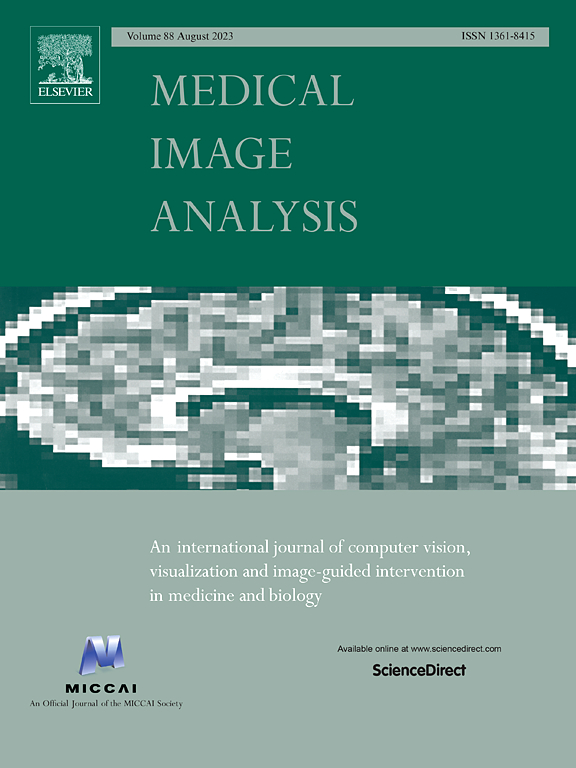Multitask learning in minimally invasive surgical vision: A review
IF 10.7
1区 医学
Q1 COMPUTER SCIENCE, ARTIFICIAL INTELLIGENCE
引用次数: 0
Abstract
Minimally invasive surgery (MIS) has revolutionized many procedures and led to reduced recovery time and risk of patient injury. However, MIS poses additional complexity and burden on surgical teams. Data-driven surgical vision algorithms are thought to be key building blocks in the development of future MIS systems with improved autonomy. Recent advancements in machine learning and computer vision have led to successful applications in analysing videos obtained from MIS with the promise of alleviating challenges in MIS videos.
Surgical scene and action understanding encompasses multiple related tasks that, when solved individually, can be memory-intensive, inefficient, and fail to capture task relationships. Multitask learning (MTL), a learning paradigm that leverages information from multiple related tasks to improve performance and aid generalization, is well-suited for fine-grained and high-level understanding of MIS data.
This review provides a narrative overview of the current state-of-the-art MTL systems that leverage videos obtained from MIS. Beyond listing published approaches, we discuss the benefits and limitations of these MTL systems. Moreover, this manuscript presents an analysis of the literature for various application fields of MTL in MIS, including those with large models, highlighting notable trends, new directions of research, and developments.
求助全文
约1分钟内获得全文
求助全文
来源期刊

Medical image analysis
工程技术-工程:生物医学
CiteScore
22.10
自引率
6.40%
发文量
309
审稿时长
6.6 months
期刊介绍:
Medical Image Analysis serves as a platform for sharing new research findings in the realm of medical and biological image analysis, with a focus on applications of computer vision, virtual reality, and robotics to biomedical imaging challenges. The journal prioritizes the publication of high-quality, original papers contributing to the fundamental science of processing, analyzing, and utilizing medical and biological images. It welcomes approaches utilizing biomedical image datasets across all spatial scales, from molecular/cellular imaging to tissue/organ imaging.
 求助内容:
求助内容: 应助结果提醒方式:
应助结果提醒方式:


